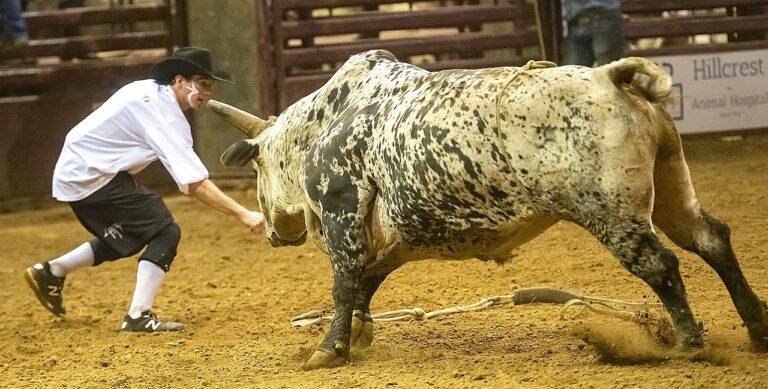The Influence of Virtual Influencers on Fashion Trends
Virtual influencers have been making a significant impact in the fashion industry by changing the way brands interact with their audience. These digital avatars are able to reach a wide range of consumers through social media platforms, showcasing the latest trends and promoting products in a more engaging and interactive way.
The rise of virtual influencers in fashion marketing has provided brands with a new tool to connect with their target demographic. With their ability to create captivating content and resonate with younger generations, virtual influencers offer a fresh and innovative approach to marketing strategies in the ever-evolving digital landscape.
The Rise of Virtual Influencers in Fashion Marketing
Virtual influencers are transforming the landscape of fashion marketing with their digital presence and ability to reach millions of followers. These computer-generated personalities have carved a niche for themselves in the fashion industry, collaborating with renowned brands and creating captivating content that resonates with their audience.
As these virtual influencers gain popularity, traditional marketing strategies are being challenged and reshaped. The seamless integration of virtual influencers into marketing campaigns has proven to be effective in engaging younger demographics and staying ahead of trends in the ever-evolving world of fashion.
What exactly are virtual influencers in the fashion industry?
Virtual influencers are computer-generated characters or avatars who are used by brands for marketing purposes in the fashion industry. They have a large following on social media and are able to engage with audiences just like real-life influencers.
How have virtual influencers risen in popularity in fashion marketing?
Virtual influencers have risen in popularity in fashion marketing due to their ability to create unique and eye-catching content, as well as their potential to reach a wide audience across different platforms.
What are the benefits of using virtual influencers in fashion marketing?
Some benefits of using virtual influencers in fashion marketing include their ability to promote products in a creative and engaging way, their potential to reach a global audience, and their cost-effectiveness compared to using real-life influencers.
Are virtual influencers replacing real-life influencers in the fashion industry?
While virtual influencers are gaining popularity, they are not necessarily replacing real-life influencers in the fashion industry. Both types of influencers have their own strengths and can be used in different ways to promote fashion brands.
How can fashion brands effectively collaborate with virtual influencers?
Fashion brands can effectively collaborate with virtual influencers by clearly defining their brand goals and target audience, creating engaging and authentic content, and building a long-term relationship with the virtual influencer to ensure successful partnerships.





